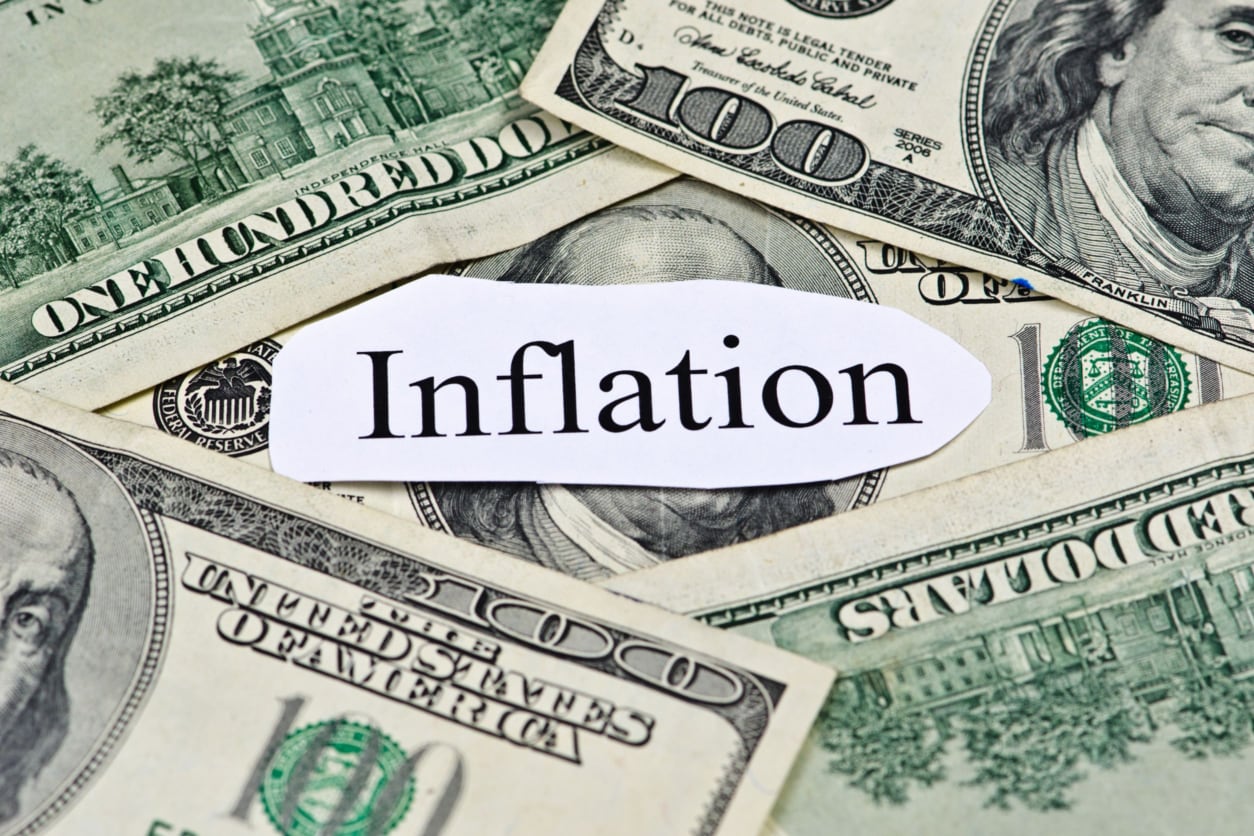To prevent bracket creep, the IRS typically adjusts up to 60 different tax provisions for inflation annually. On Tuesday, October 18th, the IRS released its tax inflation adjustments for the 2023 tax year. These 2023 tax adjustments include changes for standard deductions, tax brackets, and EITC, among many others.
The IRS tax adjustments will likely help taxpayers save from paying higher taxes during inflation. We will review the important 2023 IRS inflation adjustments that you should know.
2023 Tax Brackets (Marginal Tax Rates)
For the 2023 tax year, the IRS has left the top tax rate at 37% for individual taxpayers with income over $578,125. The tax rate for married couples who file jointly has been adjusted to $693,750.
Other notable tax bracket adjustments include:
- 35% for individuals earning over $231,250 ($462,500 for married filing jointly)
- 32% for individuals earning over $182,100 ($364,200 for married filing jointly)
- 24% for individuals earning over $95,375 ($190,750 for married filing jointly)
- 22% for individuals earning over $44,725 ($89,450 for married filing jointly)
- 12% for filing jointly over $11,000 ($22,000 for married filing jointly)
The lowest rate for single individuals with income less than $11,000 ($22,000 for married filing jointly) is 10%.
2023 Standard Deduction
The IRS increased the standard deduction for the 2023 tax year based on filing status:
- Single: The standard deduction for individuals increases to $13,850, an increase of $900 from 2022.
- Head of Household: The standard deduction for head of household increases to $20,800, an increase of $1,400 from 2022.
- Married Filing Jointly: The standard deduction for married joint filers increased to $27,700, an increase of $1,800 from 2022.
2023 Earned Income Tax Credit (EITC)
The EITC tax credit for the 2023 tax year ranges from $600 (no children) to $7,430 (3+ children) based on income and family size. For comparison, the maximum credit for those with 3+ children in 2022 was $6,935.
2023 Adoption Credit
With IRS tax inflation adjustments, the adoption credit has been adjusted upwards to $15,950 for the tax year 2023. This is an increase of $1,060 from 2022.
2023 Alternative Minimum Tax (AMT)
The 2023 tax year AMT exemption for single filers starts at $81,300. However, for joint filers, it starts at $126,500. If you are a married and filing separately, the exemption starts at $63,250. Estates and trusts have their line drawn at $28,400.
2023 Gift Exclusion Amount
You are exempt from paying any tax on gifts worth less than $17,000 for the tax year 2023. This is an increase of roughly $1,000 from 2022.
2023 Estate Exclusion Amount
Estates will also see a bigger tax break for the 2023 tax year. The IRS will exempt a maximum of $12.92 million from estate tax. This represents a 7.1% increase from 2022.
2023 Foreign Income Exclusion Amount
The foreign earned income exclusion for the tax year 2023 has been adjusted to $120,000 from $112,000 in 2022.
2023 Retirement Contributions
The following are the 2023 tax year adjustments that affect savings contributions for 401k and IRA:
401k contributions
The IRS has increased the 401k contribution limit for individual contributions by $2,000 to $22,500 for 2023, up from $20,500 in 2022. Taxpayers aged 50 and older can contribute an extra $7,500 to have a total contribution to $30,000. This is the largest increase since 2020. Catch-up contributions limit for those 50 and older increases to $7,500.
Roth IRA
Roth IRA contribution ranges based on income limits will also go up in 2023:
- Single Filers and Head of Household: $138,000 to $153,000 (an increase from between $129,000 and $144,000)
- Married Filing Jointly: $218,000 to $228,000 (an increase from between $204,000 and $214,000)
- Married Filing Separately: Unchanged at the current range of $0 to $10,000
- Single filers may contribute a maximum of $15,500 to SIMPLE accounts. This is an increase of $1,000 from 2022.
What Tax Items Won’t Change in 2023?
Some items that were affected by inflation in the past year will not change with the 2023 IRS inflation adjustments. These include:
- Personal Exemption: This remains at zero. Same as last year.
- Itemized Deductions: No itemized deductions limit. Same as the last five years.
- Lifetime Learning Credit Income Threshold: The MAGI for lifetime learning has not been adjusted after December 31, 2020.
The past few years have been financially challenging for investors and consumers alike. While the prices of commodities and goods continue to increase, the value of investments such as real estate, stocks, and cryptocurrencies are coming down. As a result, the IRS has provided inflation adjustments for the tax year 2023 to help ease the cost of living.
If you need help, start here to take our free online evaluation.
6 Simple Questions. Free Evaluation.



